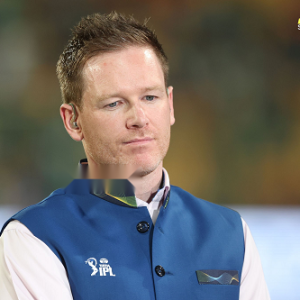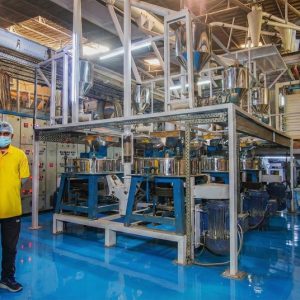India’s nuclear reactors are “absolutely safe,” adhering to the highest international safety standards in its civil nuclear program, according to Rafael Mariano Grossi, Director General of the International Atomic Energy Agency (IAEA). Speaking to NDTV at the Davos 2025 summit, Grossi affirmed India’s strong compliance with IAEA-established safety and security protocols.
When asked about India’s fast-breeder reactor project under development at Kalpakkam, Tamil Nadu, Grossi described it as a potentially valuable addition to India’s nuclear fleet. He also noted India’s voluntary moratorium on nuclear tests since Pokhran in 1998. Addressing whether India would have the right to conduct nuclear tests if China or Pakistan resumed theirs, Grossi reiterated the global stance advocating a universal ban on nuclear testing, expressing hope that no further tests would be necessary anywhere.
Regarding India’s bid for membership in the Nuclear Suppliers Group (NSG), which includes 48 countries, Grossi shared insights from his previous role as NSG President. He acknowledged productive discussions with India, including meetings with Foreign Minister S. Jaishankar, which had nearly led to a positive resolution. However, he pointed out that broader geopolitical considerations influence NSG decisions, leaving the final outcome to member countries.
Commenting on the India-US civil nuclear deal and the issue of liability clauses affecting reactor construction, Grossi emphasized that its progress depends on both nations. He highlighted India’s vast and diverse nuclear capabilities, adding that India’s expertise across nuclear technologies positions it well for further international collaboration and trade in nuclear energy.
On global issues, Grossi expressed concern about Ukraine’s Zaporizhzhia nuclear plant, describing it as extremely fragile due to its location on the frontlines and its exposure to shelling and power outages, posing risks of a nuclear accident. He labeled this scenario as one of IAEA’s most pressing challenges.
Addressing West Asia, he noted that while there is no concrete evidence of Iran building nuclear weapons, the country has amassed significant enriched uranium close to weapon-grade levels. He also pointed out Tehran’s lack of full cooperation with IAEA inspections, leaving critical questions unresolved.












